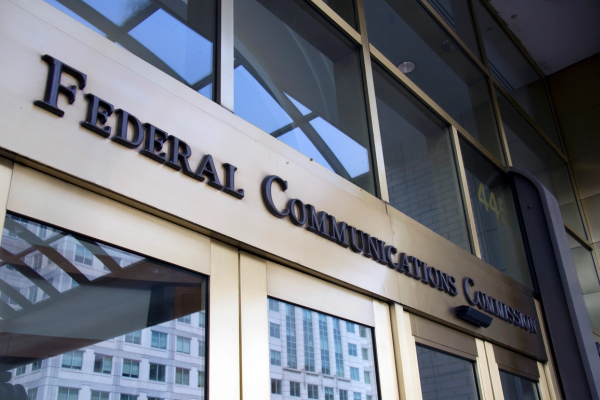AN UPDATE ON THE FCC FUND THAT POWERS NCTNA’S EMPOWERING BROADBAND DISCOUNTS!

This time of year, NCTNA likes to look back at the Healthcare Connect Fund (HCF) program history to evaluate lessons learned and determine where we are on the spectrum between progress and lack-thereof regarding successfully securing funding for the providers we serve. This helps us prioritize our own advocacy work for the year ahead and adjust our member-specific programs and strategies to meet the needs of our healthcare providers.
We often talk about the “good-ole days” of the HCF program–its initial years–and reminisce about how we could request 3-years’ worth of funding, four times a year, and receive approval within just one month of our request. Although at the time, the new program had very complex processes and rules, our healthcare providers knew they could rely on the program’s discounts.
Then came the troubled years where we could only request funding once a year and it took almost another full year to receive approval for that funding. Organizations like NCTNA that were deeply intertwined in the world of the HCF program would regularly bring up issues like the lack of funding, the ever-changing, yet invisible USAC (fund administrator) processes, and the sub-cap that was so low we could only request one-year of funding at a time.
Unfortunately, many budget-strapped, struggling rural healthcare providers were forced to give up on the HCF discounts during this time because the timing and amount of the discounts was just too unreliable. This often meant they had to make-do with inferior, cheaper, broadband services. NCTNA was able to support many of our healthcare providers over this period through offering a Community Discount Guarantee Program, which is a type of insurance program that charges a nominal fee in order to guarantee discounts and thus protect our most price sensitive members. In another case, we worked with our integrated service provider, MCNC, to temporarily cover discounts for our subscribers for almost a year when the HCF program administrator had to make a correction to their data before approving our funding.
Where We Are Today
2023 did include one major victory that NCTNA’s advocacy and involvement as a member of the Schools, Health, and Library Broadband (SHLB) Coalition helped to achieve. There is a “sub-cap” in the HCF program that was originally set at $150M. It’s intended purpose was to make sure new-construction didn’t use up all the program funding in a given year. In 2021, this cap began to be exceeded on a regular basis, resulting in pro-rata reductions to funding. It also forced us to move from 3-year funding requests to 1-year funding requests to avoid the pro-rata reductions. This caused additional funding delays and was not very efficient for any organizations using nor administering the HCF program. Because of this, increasing or eliminating the subcap was at the top of our advocacy list for several years.
About two years ago, the HCF program administrator began to transition their online application to a shiny new platform, with promises of ease-of-use and faster turnaround times. Although the applications/the new platform are definitely an improvement, and enhancements continue to be made, turnaround times haven’t improved. Improving application processes, timing, and transparency will continue to be a focus area for NCTNA advocacy in the upcoming year.
DO YOU WANT TO LEARN MORE ABOUT THE HCF?
If you’re interested in learning more about the Healthcare Connect Fund and how your organization may benefit from discounts on your broadband connectivity services, reach out to one of our staff members to chat ANYTIME!
TRACY OLSON
Chief Executive Officer
tracy.olson@nctna.org
ANGEL VANOVER
Director of Operations
angel.vanover@nctna.org
JORDAN ROGERS
Director of Relationship Marketing
jordan.rogers@nctna.org





